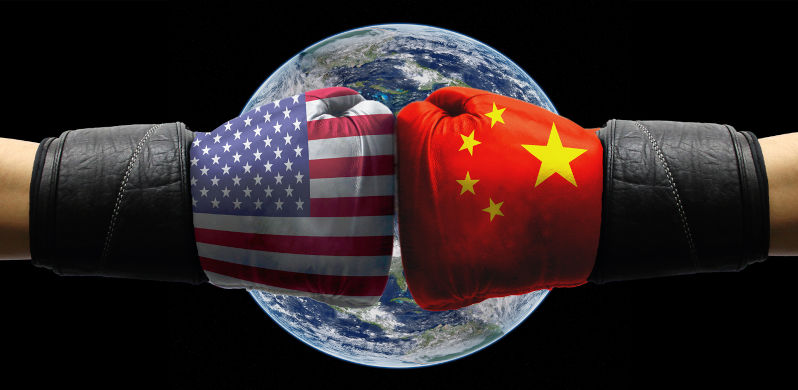Australia and Japan cannot accept America’s war on China
July 23, 2025
Japan and Australia together must induce the US to face the reality of what it is asking.
It must know that neither nation will risk its own ruin. That the US is on its own on this one. Now is the time to press US ambition hard up against its own body count. There are bigger minds in Washington than Eldrige Colby’s.
Defence debate in Australia is like fast-food. Shadow defence minister Angus Taylor, in his trademark wriggly manner, says Australia should make “principled commitments" to the US about its intentions with China and “be prepared to act_”_. Which obviously requires us to divert funds and forces to whatever commitment we make.
This matter arises now only because of the recent US call for Australia to declare that our submarines will be available at US pleasure in the event of US conflict with China. Yet such commitment has been implicit across our entire defence effort ever since the Gillard Government offloaded our sovereignty in 2010. It has been increasingly evident in varying ways over the years, from Turnbull’s _“_joined at the hip with the US” to the reshaping, training and exercising of our forces by the US military for its strategy against China. Our leaders have treated defence policy as a fast-food business – pursuing what appears palatable for political profit, obscuring what’s inside and avoiding talk about consequences. It’s the consequences which matter most for Australia, so let’s just linger there.
The US geopolitical objective is to destroy China’s power. This is being pursued variously. China’s economy depends on Asian sea traffic. The US military strategy is to sever those sea lanes. Thereby China’s economy is imperilled. The fastest growing superpower is backed into a corner, simply by creating an armed incident around Taiwan or the China seas causing shipping to cease. China would protect its sea lanes, which are long with choke points. A protracted maritime war would ensue, launched from and against land bases in China, Japan, Guam, Philippines and Australia.
Methodically, the pieces have been assembled over the last 15 years across East Asia against China for such a war.
However, as the US itself has claimed (from Obama on) it lacks the resources to achieve its objective. It says it must rely on allies’ support. And that support must not be token (as it often has been from Australia, for good reason). It has to be full-on (which Scott Morrison claimed was the logic behind the AUKUS nuclear submarines). The burden will fall on Japan. Australia offers only a modest increment on the US and Japanese forces. Nevertheless, our geography has become more useful to the US, and offers a niche attack opportunity from Tindal through B-52 delivery of nuclear cruise missiles. A particularly nasty threat, precise and impossible to counter.
The result for Australia would be a strangled economy, our military forces obliterated if deployed into Asia and our continent vulnerable to nuclear ballistic attack should China feel imperilled enough. Early selective nuclear attack on Australia alone could be seen as an advantageous signal by China. Japan would revisit the horror of eight decades ago. American forces would be under direct, sustained and competent attack never before experienced. Massive loss of US military life would be inevitable.
There is no predicting what would emerge from the ashes of these two nuclear superpowers and hapless allies.
This is the consequence of the task the US has set itself. For what? The pursuit of unipolar dominance. What could go wrong!
Would a rational government in Japan or Australia accept these consequences (politics aside)?
Unsaid by US planners is that those same sea lanes upon which China depends are critical also for Japan and Australia. Any pedant can see that the natural allies here are China, Japan and Australia. Which is not silly. America maintains that it could not proceed without its Asia allies. Together Japan and Australia must induce the US to face the reality of what it is asking. It must get it that that neither nation will risk its own ruin. That the US is on its own on this one. Now is the time to press US ambition hard up against its own body count. There are bigger minds in Washington than Elbridge Colby’s (the dogged exponent of this military fantasy).
It will not be easy for the Albanese Government, but it knows that. Eventually, the world will fall into place. As the US learns to live with the limits of its power, somehow, sometime. We will be doing our old friend a favour by telling it frankly as it is.
The views expressed in this article may or may not reflect those of Pearls and Irritations.


